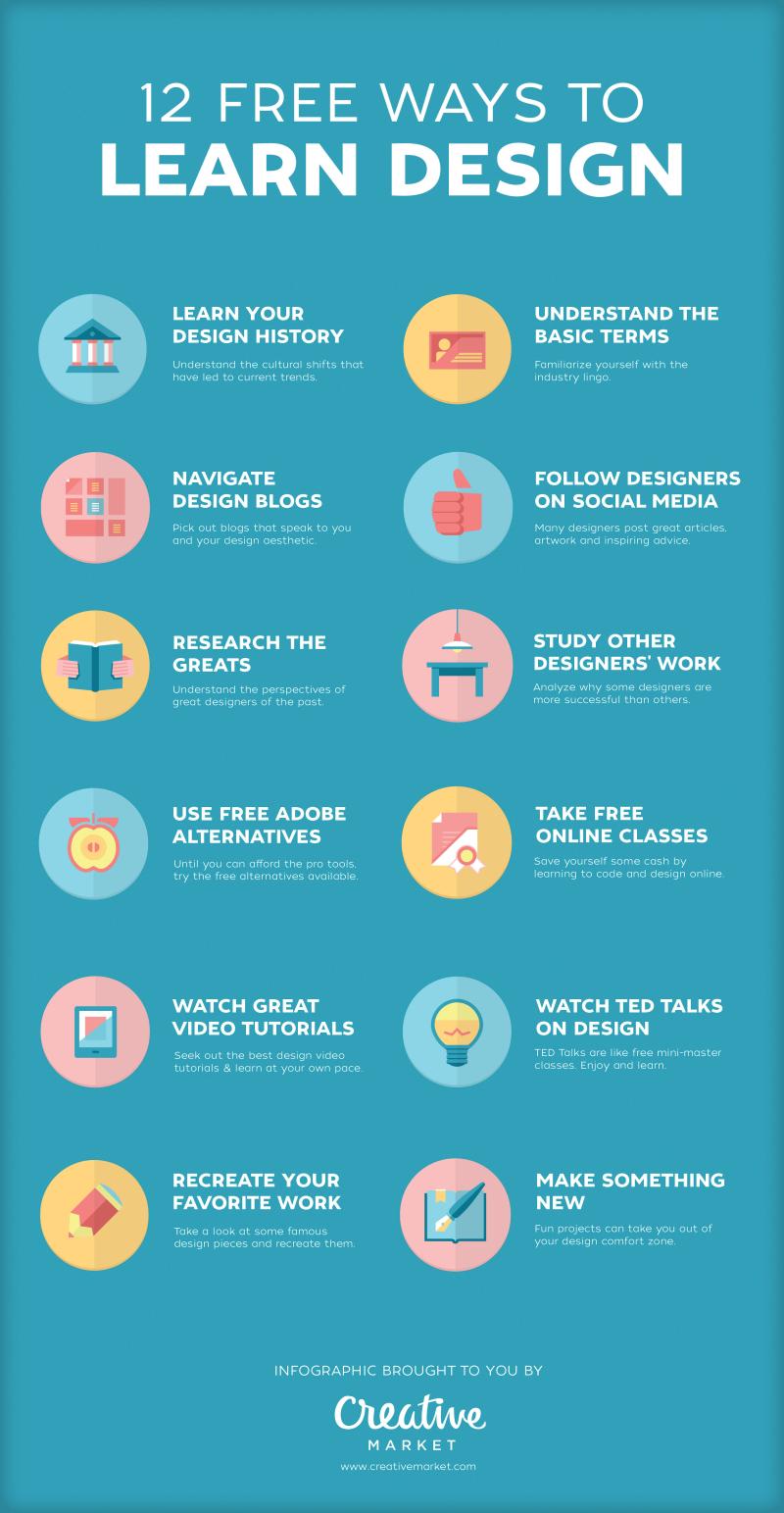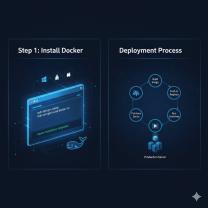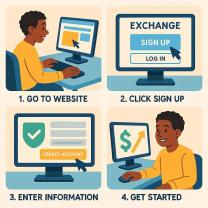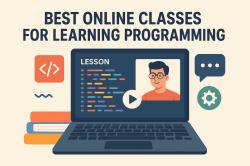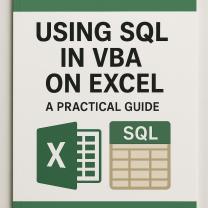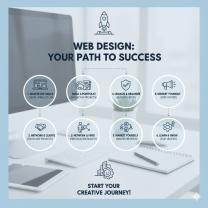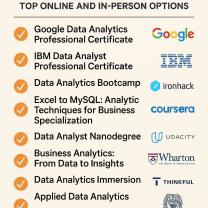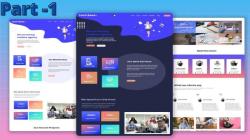What is the best way to learn web design?
Learning web design can be an exciting journey, and there are several effective methods to master the skills needed. Here's an optimal approach to learning web design:
Set Clear Goals:
- Define your objectives and set clear goals for what you want to achieve with web design. Whether it's building a personal website, pursuing a career, or starting a freelance business, having clear goals will guide your learning path.
Start with the Basics:
- Begin with the fundamentals of web design, including HTML and CSS. These are the building blocks of web development. Understand the structure (HTML) and styling (CSS) of web pages.
Online Courses and Tutorials:
- Take advantage of online courses and tutorials. Platforms like Codecademy, Udemy, Coursera, and freeCodeCamp offer courses ranging from beginner to advanced levels. Follow structured courses to grasp concepts progressively.
Practice Regularly:
- Practice is key to mastering web design. Apply what you learn by working on small projects. Create personal websites, redesign existing ones, or contribute to open-source projects. The more you practice, the more confident and skilled you'll become.
Build Responsive Designs:
- Learn to create responsive designs that adapt to different screen sizes. Understand the principles of responsive web design using media queries and flexible grids.
Understand JavaScript:
- Expand your skills by learning JavaScript. It adds interactivity to your websites and allows you to create dynamic content. Start with basic JavaScript concepts and gradually progress to more advanced topics.
Learn a CSS Framework:
- Familiarize yourself with CSS frameworks like Bootstrap or Tailwind CSS. These frameworks provide pre-built components and styles that can speed up your development process.
Explore Design Principles:
- Understand design principles, including color theory, typography, and layout. Learn how to create visually appealing and user-friendly designs. Platforms like Adobe XD, Figma, or Sketch can help in designing and prototyping.
Stay Updated on Trends:
- Web design evolves, and it's essential to stay updated on the latest trends and technologies. Follow industry blogs, attend web design conferences, and engage with the design community to stay informed.
Join a Community:
- Join web design communities on forums, social media, or platforms like Stack Overflow. Engage with other learners and professionals to ask questions, seek advice, and share your experiences.
Build a Portfolio:
- Create a portfolio showcasing your web design projects. A portfolio not only demonstrates your skills but also serves as a valuable asset when seeking employment or freelance opportunities.
Seek Feedback:
- Request feedback on your work from peers, mentors, or online communities. Constructive feedback helps you identify areas for improvement and refine your design skills.
Collaborate on Projects:
- Collaborate with others on web design projects. Working with a team or contributing to open-source projects provides valuable experience and exposes you to different perspectives.
Consider Formal Education:
- If feasible, consider formal education through a college or university program. A structured curriculum and guidance from instructors can provide a comprehensive understanding of web design.
Build a Full Project:
- As you advance, challenge yourself to build a full-scale project from start to finish. This could be a personal blog, a portfolio website, or an e-commerce site. Apply all the skills you've learned in a real-world scenario.
Remember that learning web design is an ongoing process, and the field continuously evolves. Stay curious, be persistent, and enjoy the creative aspects of designing for the web.
What's the most effective approach to learning web design?
The most effective approach to learning web design depends on your individual learning style, goals, and available resources. However, here are some general tips that can guide you:
Formal Education:
- Enroll in a coding bootcamp: Intensive programs that provide comprehensive web design training over a short period (often 3-6 months). Great for structured learning and career preparation.
- Take online courses: Flexible platforms like Coursera, Udemy, or edX offer various web design courses at different levels and skillsets. Affordable and self-paced, but lack the personal interaction of a bootcamp.
- Attend workshops or short courses: Focused sessions on specific web design aspects like coding languages, accessibility, or user experience can enhance your skills in targeted areas.
Self-directed Learning:
- Build personal projects: Start with small websites for yourself or others to practice your skills and build a portfolio. Choose projects progressively challenging your abilities.
- Follow online tutorials and guides: Numerous free and paid tutorials on platforms like YouTube, Codecademy, or FreeCodeCamp provide step-by-step instructions for learning various web design skills.
- Read books and articles: Stay updated on current trends and best practices by reading web design blogs, online publications, and relevant books.
- Join online communities: Engage with other web designers in forums, Discord servers, or social media groups to ask questions, share resources, and receive feedback on your work.
Additional Tips:
- Focus on the fundamentals: Master the core principles of HTML, CSS, and JavaScript before moving on to more advanced topics.
- Practice consistently: Allocate dedicated time for practicing your skills to solidify your learning and achieve fluency.
- Don't be afraid to experiment: Try different tools, techniques, and styles to find what works best for you and develop your unique design voice.
- Seek feedback and learn from mistakes: Get constructive criticism from experienced designers or communities to identify areas for improvement and avoid bad habits.
- Stay motivated and have fun: Learning web design can be challenging but rewarding. Stay focused on your goals, celebrate your progress, and find joy in the creative process.
Remember, the "best" approach is the one that suits you best. Try different methods, find what keeps you engaged and motivated, and adapt your learning journey as needed. Good luck with your web design exploration!
Feel free to ask if you have any further questions about specific learning resources, tools, or challenges you encounter in your web design journey. I'm always happy to help!
